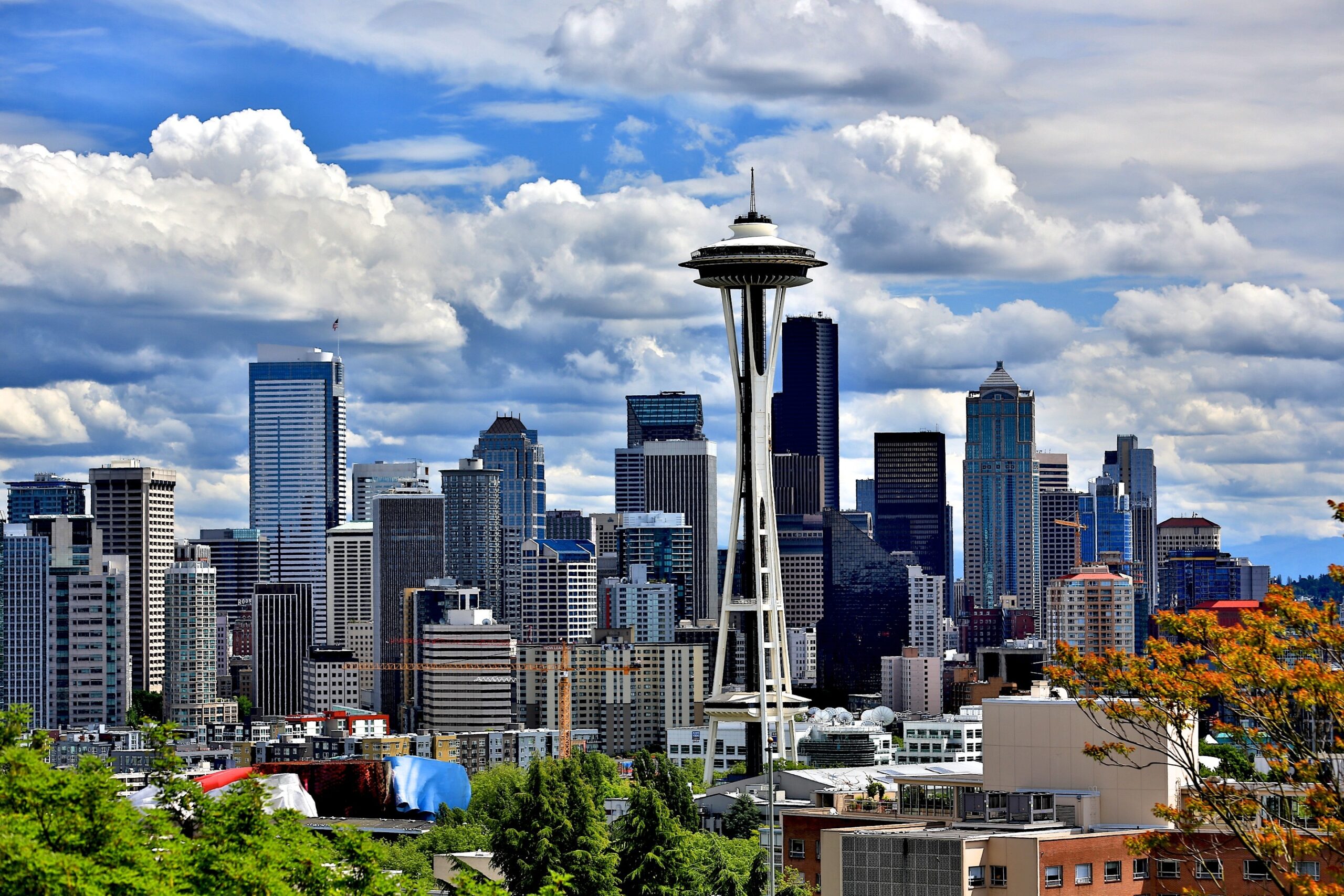
Seattle – Today, Mayor Bruce Harrell and Councilmember Mark Solomon celebrated the adoption of new legislation that will create a tax exemption for the conversion of underutilized commercial property into residential housing. The bill was unanimously adopted by the City Council.
“We want downtown Seattle to not only be a great place to work and run a business, but also a place for families and residents of all kinds to live and thrive,” said Mayor Harrell. “This legislation will make office-to-housing conversions more affordable and feasible, embracing our vision of an urban core with more places to call home and boosting long-term economic revitalization efforts. I’m grateful for the action from the City Council and the partnership with state leaders to give cities like Seattle a new tool to optimize our built environment and increase much-needed housing opportunities.”
“Empty office buildings represent a real opportunity to create more housing that will strengthen the heart of our city now and into the future,” said Councilmember Solomon. “We need bold ideas to reshape our downtown and make progress to build more affordable housing, and this legislation is a forward-thinking solution to achieve both. I’m excited to see the creative ways that office vacancies can be converted into vibrant new homes for residents.”
Following a change in state law, the bill authorizes deferral of the 10.3% sales and use tax on the construction costs of converting commercial space to housing. To qualify, the developer is required to provide 10% of the new housing units as affordable for households with incomes at or below 80% of Area Median Income (AMI). If the units are kept affordable for 10 years, the deferred sales and use taxes would be permanently waived.
Studies show that Seattle is among the U.S. cities with the highest potential to benefit from office to residential conversions. The sales tax deferral will help reduce costs so that conversion projects are economically feasible. The Office of Planning and Community Development (OPCD) estimates that 1,000–2,000 housing units would be produced in a 7-year time frame, including 100–200 affordable units.
If combined with the City’s popular Multifamily Tax Exemption (MFTE) program, OPCD estimates the policy would encourage 3,000–6,000 units to be built over a 7-year time frame, including 300–600 affordable units.
Last year, Mayor Harrell submitted legislation to remove regulatory barriers for converting existing commercial buildings into housing building off the ideas from OPCD’s office-to-residential conversion competition hosted in 2023. Several of the conversion proposals from the competition are in pre-submittal and feasibility analysis phase.
This legislation is part of Mayor Harrell’s Downtown Activation Plan (DAP) efforts to increase housing opportunities in downtown neighborhoods. Other efforts include strategic zoning changes along the Third Avenue corridor to allow for more housing development and a design review holiday to decrease the amount of time and cost to complete housing projects.